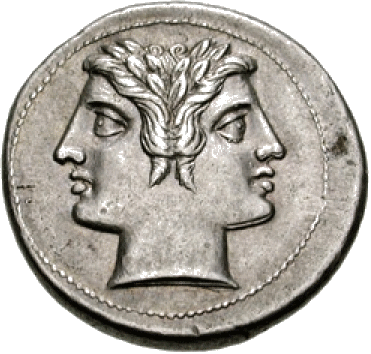By Lynne Kinnucan
The
Roman god Janus, responsible for overseeing
the beginnings and ends of conflicts, was also the god of transitions. As we
transit into 2015, we wanted to look at what we have learned from the
insights and practices of negotiators who are experienced in transitions. All
of them based their work in authentic listening.
We
mentioned active listening in almost every issue last year because, although it
is an old practice, it is played out in ways that are always new. This month’s Corner reviews some of the
comments on hostage negotiation techniques and the common root from which they spring.
Trainer
and retired FBI hostage negotiator Derek Gaunt noted that deep listening is a powerful skill, but difficult to
master, and he works from day one to get the active listening skills off the
page and into his students’ muscle memory.
He steers them away from one of the biggest mistakes a hostage negotiator can
make: using active listening skills like a robot. If a negotiator is thinking
only about which skill to use next, the subject may think the negotiator doesn’t
care about his problems and … how to put this ….may react badly. Negotiations have been won and lost over this
skill.
Gary Noesner, retired hostage negotiator and author of Stalling for Time, expands on this:
Gary Noesner, retired hostage negotiator and author of Stalling for Time, expands on this:
“The sincere and genuine demonstration of your interest and understanding of the other
person's problem/point of view is far more important than your ability to
provide a quick solution."
In fact, the quick solution is often damaging
to the process of attunement and resolution.
The listening must come first.




